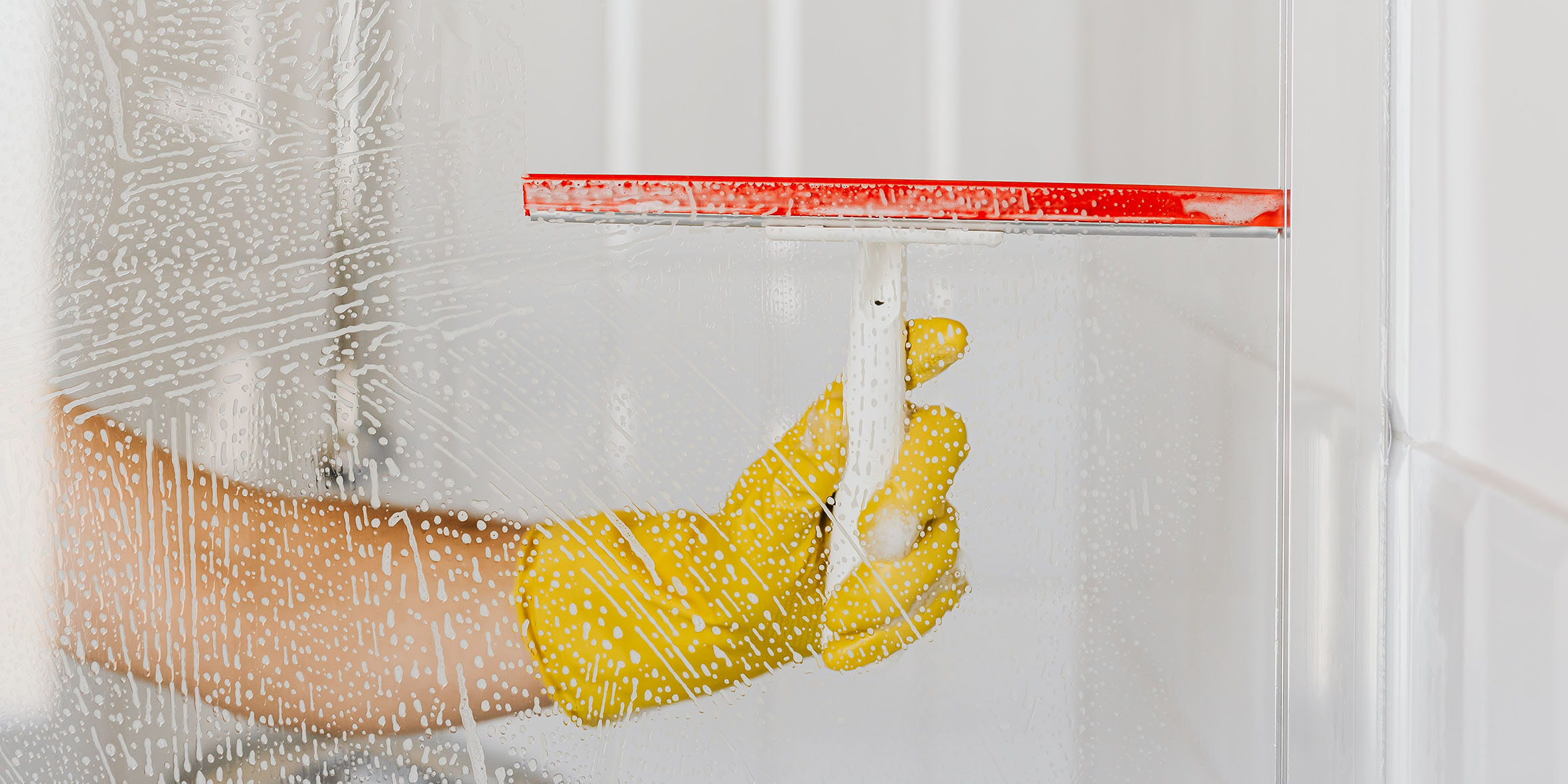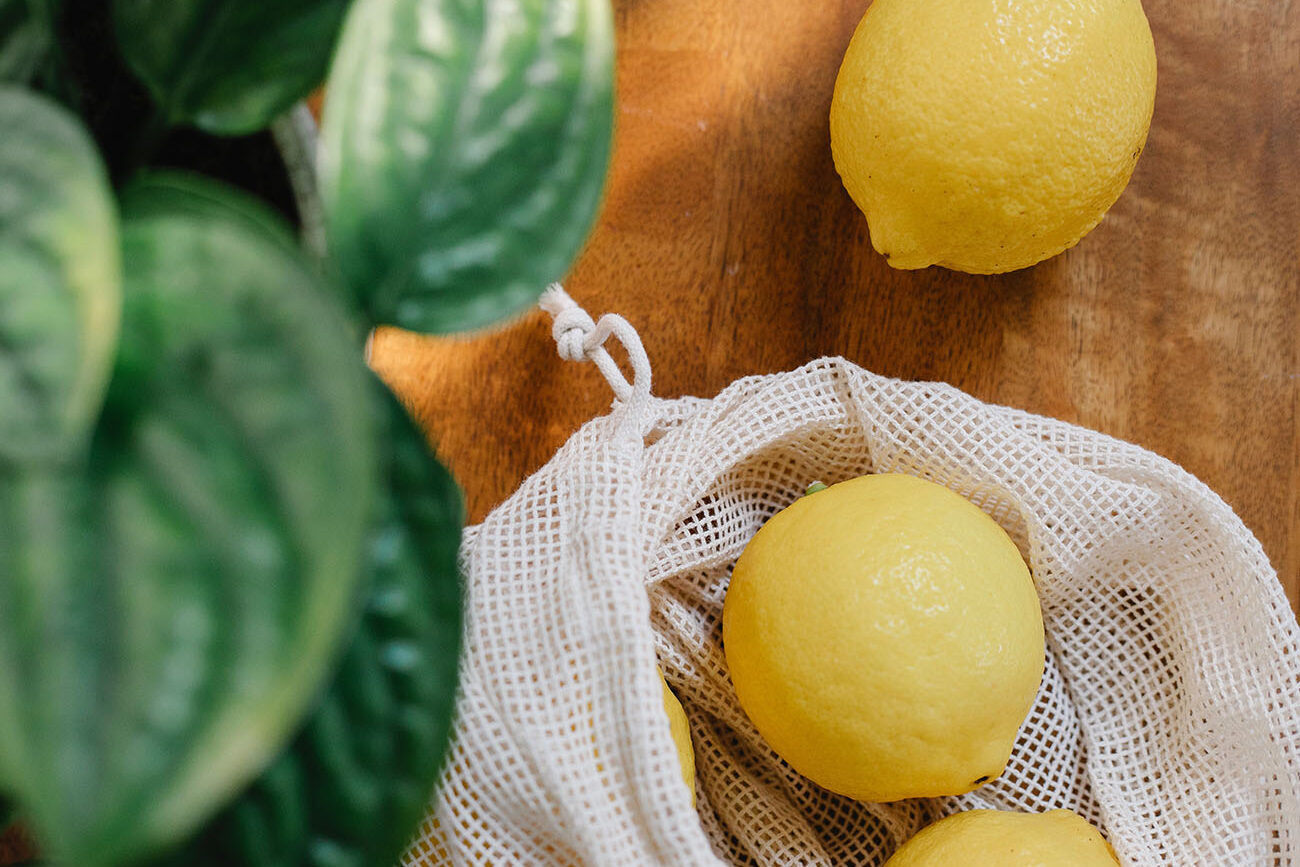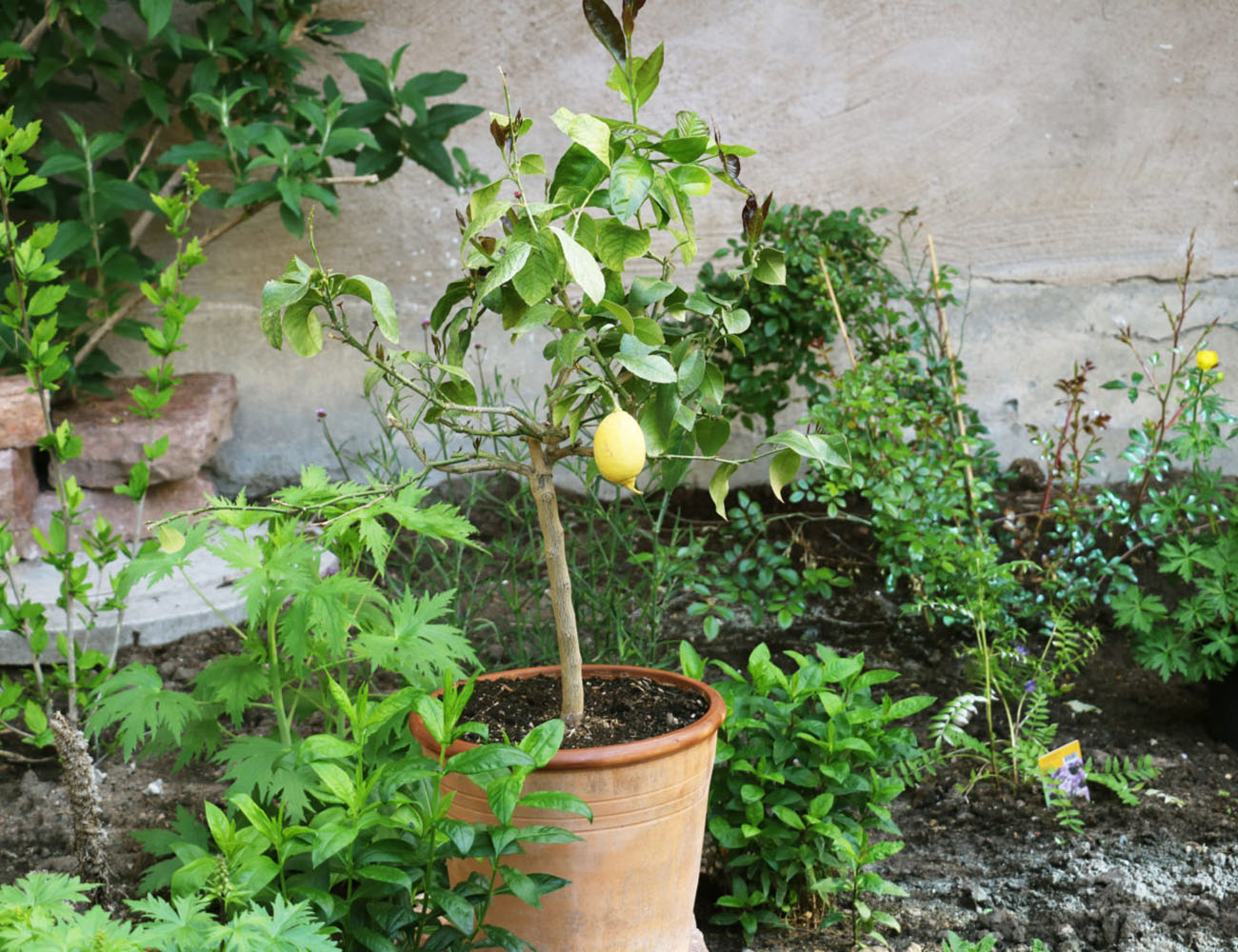Lemons: Lemon juice removes unpleasant odours, and it can be used to bleach and clean things. Lemon is well suited for removing limescale deposits, for example. Just rub the lemon against the deposits, leave it for an hour or so and wipe it off with a cloth. Lemon also works as a stain remover on clothes before you put them in the washing machine and can be used to clean your microwave oven. Put a bowl of lemon juice and water in the microwave and run it at full power. Then it’s easy to wipe the insides off with a cloth. A mix of lemon juice and water is excellent as an all-purpose cleaner if you pour it into a spray bottle.
Liquid soap: You can use soap for most things. If you mix it with water in a spray bottle, it works well as a cleaning spray. Soap and water are also excellent for cleaning all types of floors. Boiling water with soap can solve the problem, if you have a saucepan with burnt food in it. The oven can also be cleaned with soap. Rub concentrated soap in the oven before setting it to about 100 degrees. Wash off with water when it has cooled off.
Vinegar: Vinegar mixed with water works well if you need to get rid of limescale residue, both in the kitchen and in the bathroom. Mixed with water and detergent, vinegar is also good for cleaning windows. Since it’s also antibacterial, it is very useful in bathrooms and kitchens, for example.
Bicarbonate: Bicarbonate absorbs moisture and removes bad odour. Dust it over mattresses and carpets and then hoover them. You can also clean the fridge and freezer with a damp cloth and bicarbonate. Rinse with water afterwards. Bicarbonate is perhaps best known for cleaning clogged pipes. Mix with vinegar and pour down the drain. Rinse with hot water.
Good luck!


